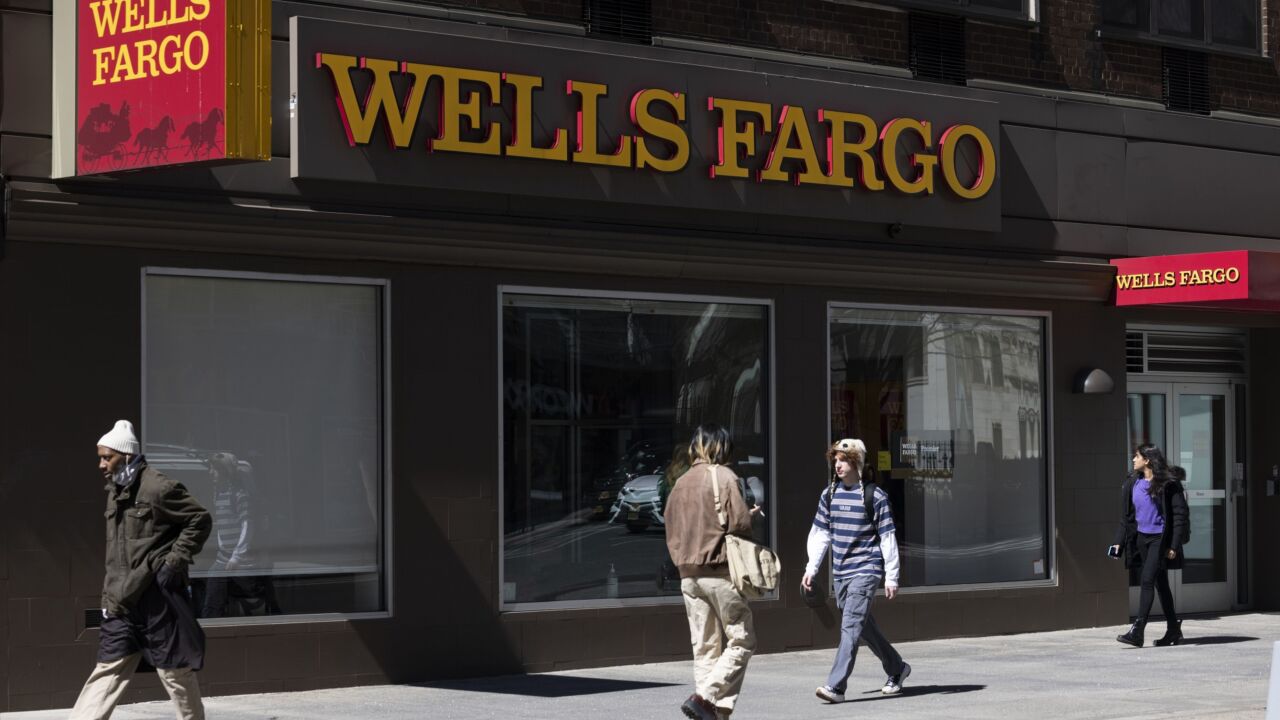MADISON, Wis.-Here we go again.
That was the sentiment being expressed last week by economists and credit union CEOs after the stock market plunge and other uncertainties that are expected to lead consumers to run to credit unions seeking shelter.
But this time around, credit unions are likely to be even less receptive to all those new funds. The inflow of deposits will only dampen loan-to-share ratios and further impact reserve ratios at a time when lending continues to be difficult. Economists, as well as CEOs, say they expect credit unions to cut deposit rates, and possibly pay members to take money out or even impose penalties for large deposits.
"I think we are going to see round two of the flight to safety," said Dave Colby, CUNA Mutual Group chief economist. "And we know what the problem is from this, investment yields are next to nothing and credit unions are having trouble making loans."
Colby acknowledged that dropping deposit rates may be necessary, but also noted that most CUs have already adjusted that pricing, with regular shares at .34% and the one-year CD hovering at 1.16%. "I see credit unions managing deposit inflow with their interest rates, but the real question is if people are parking money for safety, we have seen in the past they don't care that much about rate. They just want their principal back. If credit unions are going to discourage deposits, they are going to have to be very flexible and aggressive in dropping rates."
Penalties For Large Deposits?
NAFCU chief economist Tun Wai told Credit Union Journal that credit unions should brace for more deposits nonetheless. "We are viewed as a safer place to park your money-that became clear during the recession. This is going to have a lot of implications on ROA and earnings. You can't earn anything by just eating the money."
Bill Hampel, CUNA's chief economist, agreed that a deposit inflow is likely, but also noted there is a chance for some outflow. "A few members are going to worry that world is ending and will want to take their money out and put it under the mattress. That will be a tiny number. But I do look for other members to take money out of other financial vehicles and dump them into credit unions."
Mike Moebs, economist and CEO of Moebs $ervices in Lake Bluff, Ill., pointed out that of all financial institutions, it is credit unions that can least afford the additional deposits now, as the result of industry capital-to-asset ratios that are lower than the community and regional banks. "Credit union capital continues to decline. It hit a peak of 11.44% in 2006, that is now down to 9.74%. The community banks bottomed out 10.22% in 2009 and they have been slowly regaining strength by about 20 basis points a year. The regional banks bottomed out in 2008 at 9.03% and are now at 11.39%.
"Credit unions keep slumping," continued Moebs. "They cannot stop the inflow of deposits. One of their options is to shrink their size," added Moebs, who is also a strong proponent of CUs becoming more efficient. He, too, sees cutting deposit rates as a necessity. "But I would not pay them to take money out as much as I would impose penalties for large deposits."





